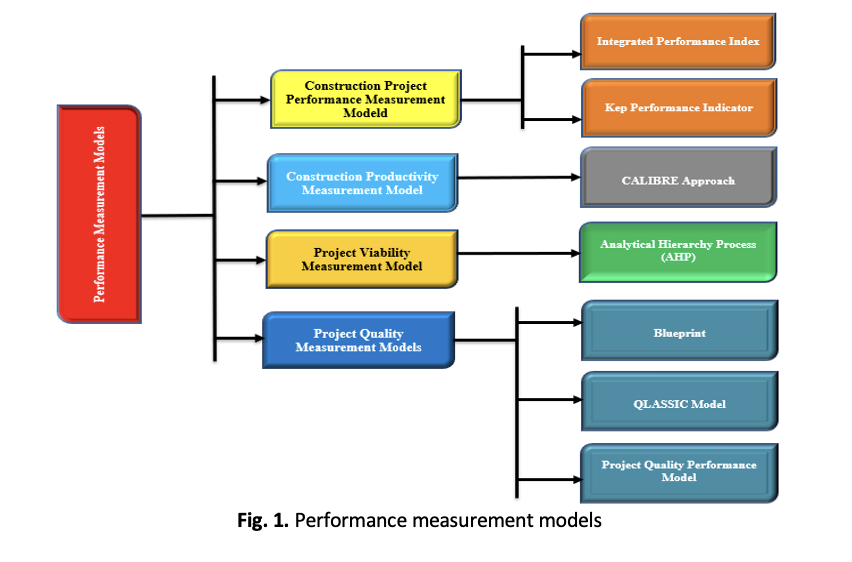Contributing Factors to Key Performance Indicators of Saudi Arabian Construction Project Success
DOI:
https://doi.org/10.37934/araset.50.1.151167Keywords:
Construction industry, Saudi Arabia, Key Performance Indicators (KPIs), project successAbstract
Practitioners and scholars express concern about construction projects that are unable to achieve the specified goals or objectives. Therefore, this study sought to identify the factors that impact Key Performance Indicators (KPIs), which are crucial to every successful construction project. Construction performance measurement often uses objective KPIs to quantify project success. Project success is presumed if it is completed on schedule, according to budget, and with the specified quality, known as the “iron triangle.” Subsequently, reviewing relevant literature, crucial KPIs for construction projects were selected. Then, a pilot study finalized the empirical survey questionnaire. The survey was administered to 124 practitioners in the KSA Construction industry, and the response rate was 85%. Employing SPSS version 26, the relative importance index (RII) and mean value were calculated to prioritize. The internal consistency and overall value of the coefficient alpha test were 0.717, and the Kaiser-Meyer-Olkin (KMO) statistics were 0.716 > 0.5, confirming sufficient sample size and further study. The survey determined that respondents placed KPIs in construction projects from 3.802 to 4.387 and RII from 0.877 to 0.760. Most respondents rated "time of project" as the first highest ranking on KSA construction projects, with a mean score of 4.387 and RII of 0.877. The second highest was "cost of project," followed by "quality," "safety," and "sustainable construction." The lowest five ranks were "Defects," "Procurement," "Maintenance," "Human Resource Management," and "Business Performance," with mean scores of 3.802 and RII 0.760. This research adds to the corpus of knowledge on the Saudi Arabian key performance indicators for construction projects.
Downloads





























